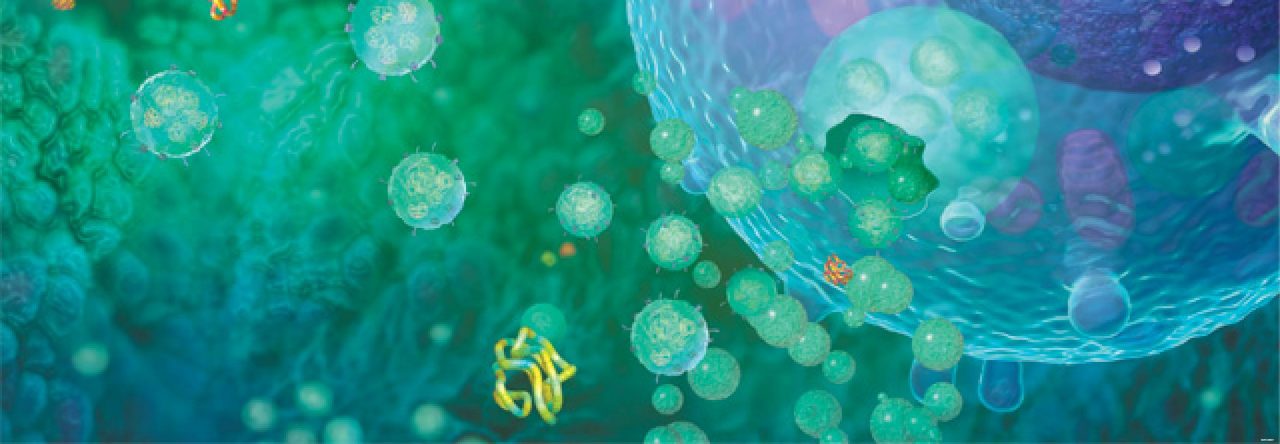-
Nelson Lab
The severe and persistent lung infections in patients with Cystic Fibrosis (CF) are aggravated by the insufficient immune response of alveolar lung macrophages. The focus of the Nelson lab is to enhance antibacterial function of these impaired macrophages through extracellular vesicles. In essence, extracellular vesicles are being engineered as delivery mechanisms of cystic fibrosis transmembrane conductance regulator (CFTR), an ion channel lacking in the lung macrophages of CF patients.
-
Rosner Lab
The Rosner Lab is investigating the influential role that tumor released extracellular vesicles (EVs) have on reprogramming cells such as macrophages within the tumor microenvironment as well as cells at more distal sites to promote breast cancer cell (BCC) invasion and metastasis. As part of this effort, they are interested in the signaling pathways that specify EV cargo and release from cells as well the mechanisms by which EVs reprogram or alter recipient cell types. They are also investigating EVs as a means of liquid biopsy in cancer for both, diagnosis and prognosis as well as a potential treatment.
-
Swartz Lab
– Léa Maillat‘s research is focussed on lymphatic vessels and exosome transport in solid tumors.
-
Department of Pediatrics Extracellular Vesicle Research Group (Beyer, Dawson, and Lapping-Carr)
These investigators and members of their laboratories are conducting a variety of studies (alone or in collaboration) regarding extracellular vesicles (EVs):
- EVs as delivery vehicles for therapy of neurological disease
- Circulating EVs in patients with sickle cell disease, their effects on endothelium and its integrity, and their involvement in disease complications like acute chest syndrome
- Connexins in EVs; possible roles in delivery of contents
- EVs and the communication between tumor cells and endothelium


